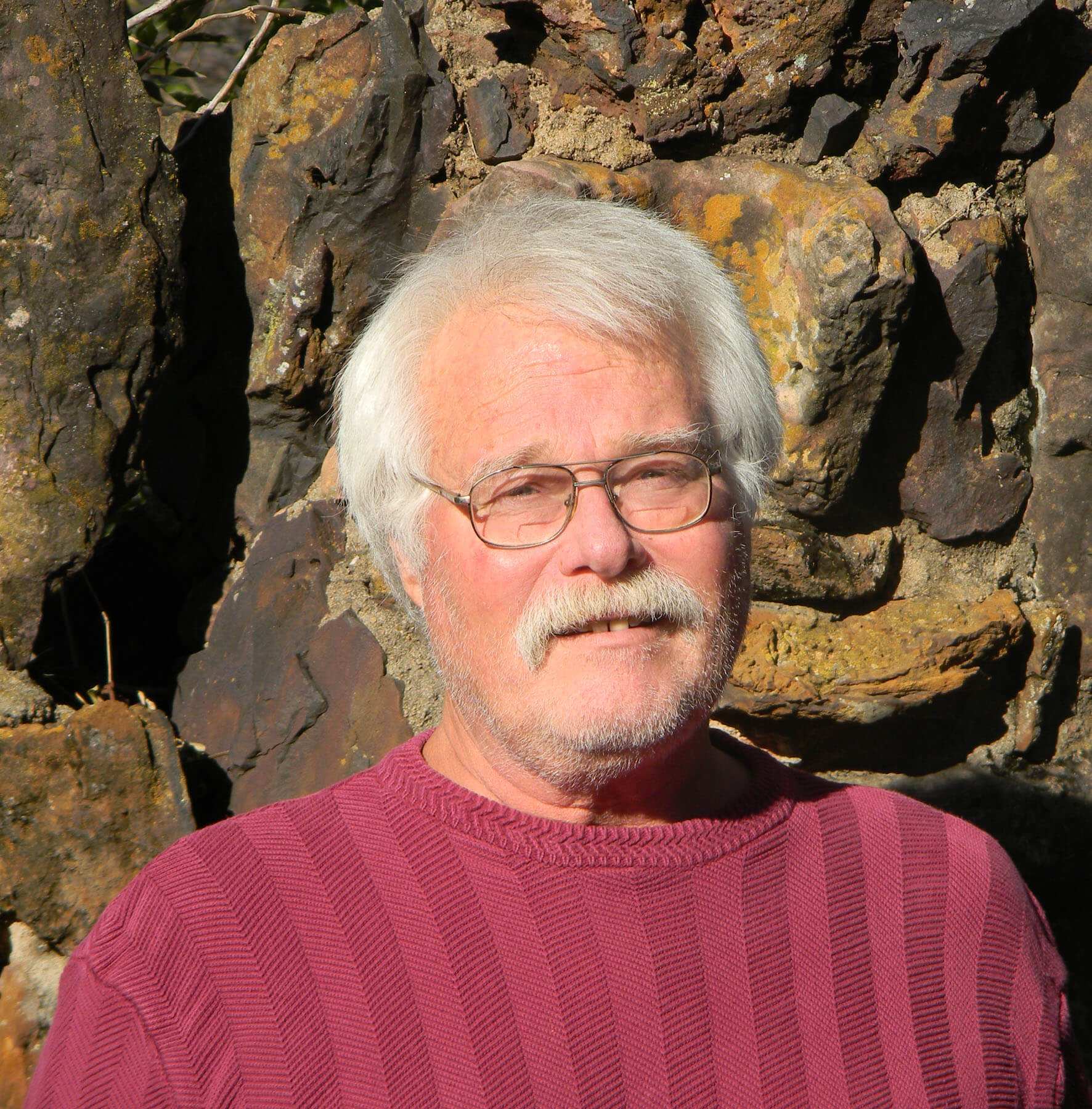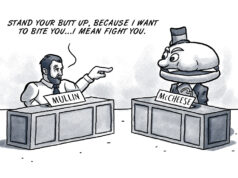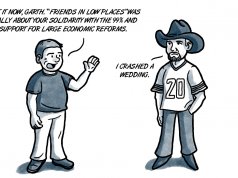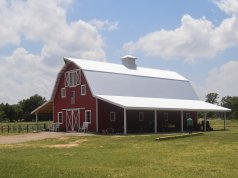
It was déjà vu all over again, at least for me, when my wife and I joined the multicultural, multi-generational crowd cheering Bernie Sanders.
On Sunday, Feb. 28, at Sanders’ OKC rally, it felt like we’d been teleported into the dynamic center of Brooklyn, in touch with the avant garde of the creative class leading the reinvention of the world. Born in the middle of Pax Americana, I was like many Baby Boomers: raised to believe that all things are possible. Being older and, perhaps, a little wiser than I used to be, I won’t jump to conclusions and claim Oklahoma City is entering a brand-new, 21st-Century frontier, but dang, we’ve done it before, and maybe Oklahoma can feel the Bern in a deeper, more long-lasting way beyond the presidential election.
De facto oligarchy
The hometown of my early youth was an oligarchy. A handful of business leaders used trust financing and other dubious tricks to choreograph the city’s growth, trading favors and naming the winners and losers.
Bribery of the Oklahoma State Supreme Court was routine, and corruption was almost certainly involved in the case where the trust-financing schemes were ruled to be legal. This was before “One person, one vote” was mandated by the U.S. Supreme Court. We still had the pervasive corruption that accompanied Prohibition (and after Prohibition the OKC vice squad switched over to persecuting marijuana smokers). Above all, we were still a Jim Crow state.
Now, we are cheering a democratic socialist. As Non Doc’s Paul Fairchild explained, there’s a big difference between Bernie Sanders and old-fashioned Socialists. Bernie’s beliefs are virtually identical to Eleanor Roosevelt’s. On the other hand, as NonDoc’s Joshua Jones wrote of the presidential candidate’s Tulsa visit, “Sanders had just toured the Woody Guthrie Center to view the archives of a socialist American hero from Oklahoma.”
I’ve long flirted with the naïve belief that Oklahomans aren’t so much conservative as fatalistic. The state’s boom-and-bust economy created a culture of, “What’s the point?” What goes up will soon go down.
Up until World War I, however, Oklahoma had the largest Socialist movement, per capita, in the nation. But it was destroyed by perhaps the worst political oppression (of white people) in American history. When I was writing Closing the Frontier, an award-winning history of frontier socialism, I had a telling conversation with my Aunt Edna on the porch of our family homestead in Frogville. The far-southeast Oklahoma town (just north of Paris, Texas) had had a dynamic socialist community, but my aunt first refused to talk about it. Then, Edna muttered, “Eugene V. Debs, Eugene V. Debs, I’ll never forget that name.” Asked why she brought up the four-time Socialist party candidate for president, my aunt denied having any other memories; she just liked that name.
Frogville’s socialists
Throughout the day, my seemingly fearless great aunt kept repeating, “Eugene V. Debs, I’ll never forget that name.” Then Aunt Edna volunteered, “Lots of folks down here are named Eugene. You have kin folks named Eugene.” With the cat out of the bag, she explained that Frogville’s sharecroppers — the “good decent folk” — were socialists. They were driven out of the state by those “KKK thugs” in the city, which in this case was Hugo.
My mentor, Freda Ameringer, was more open about the all-but-forgotten Oklahoma tradition of open-minded, cosmopolitan and egalitarian populism. Her first memory was of her father, a soon-to-be socialist lawyer, standing guard with his Winchester rifle, staring down the Klan that sought to lynch his black (and innocent) client. Her husband, Oscar Ameringer, coined the phrase “Industrial Democracy” or “Industry of the People, by the People, and for the People.” In his foreword to Oscar’s autobiography, If You Don’t Weaken, Carl Sandburg referred to Ameringer as “the Mark Twain of American Socialism.” Even The Daily Oklahoman offered grudging respect to the Ameringers. His obituary was entitled, “He Hated No Man.”
Today, Oscar is best remembered for his slogan, which is on the Oklahoma Observer masthead, “To comfort the afflicted, and afflict the comfortable.” He also coined a phrase describing politics as “the art by which politicians obtain campaign contributions from the rich and votes from the poor on the pretext of protecting each from the other.”
After Oscar died and McCarthyism silenced most liberals, Freda retained her socialism, as she became a pragmatic campaigner for racial and economic justice. For instance, she would call on her friend, Eleanor Roosevelt, in order to provide housing and social services for the notorious Community Camp, a sprawling shantytown for displaced sharecroppers along the Canadian (Oklahoma) River.
If we don’t weaken
I met Freda during the 1970s campaign for the Equal Rights Amendment, and we both worked for the 1980s Jesse Jackson campaign. Freda’s motto was an updated version of the title of her husband’s autobiography. “It’s a damn great life,” she’d proclaim, “if you don’t weaken.”
I thought of Freda and other heroic Oklahoma Socialists and civil rights crusaders as Bernie Sanders roused his Oklahoma City crowd before Super Tuesday. And, I thought how the 21st Century will be a wonderful time if we don’t weaken. To extend the opportunities enjoyed by my Baby Boomer generation to millennials, we need to stop groveling for the corporate money that buys the political support that protects the super wealthy from the 99 percent.
Our children and grandchildren need more than a gig economy. They need a just community of the People, by the People, and for the People.
Sadly, as it stands now, Oklahoma has reverted back to become a more complicated oligarchy. Today’s governance is much more likely to occur behind seemingly impenetrable corporate board room walls.
But, we’ve overcome much worse. We — Bernie, Oklahoma and America — can do it again.






















